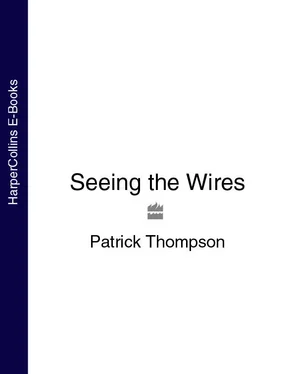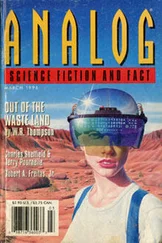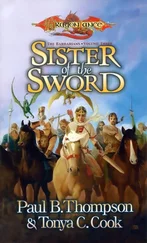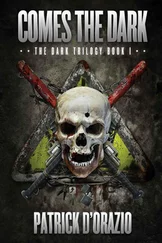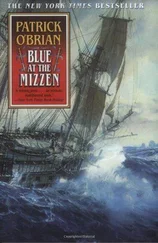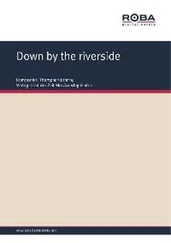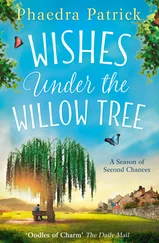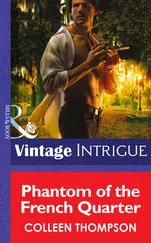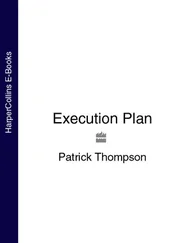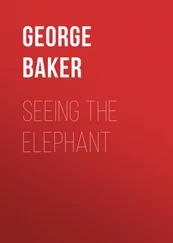Mr Link had – as well as the Jag – thinning black hair containing thick black grease, presumably placed there deliberately. He had sideburns several years after they were last fashionable and several years before they were next fashionable. He had watery eyes and looked uncomfortable in the hard hat he had to wear because of regulations. The main purpose of hard hats, Darren told me, was not to protect the heads of workmen. The main purpose of hard hats was to make visiting dignitaries look twats.
‘Office people,’ said Darren, ‘never get the hang of hats.’
Spin nodded, silently.
‘There you go, Spin agrees.’
Spin nodded again.
‘Thing is,’ said Darren, dragging on his cigarette, ‘the thing is, some people are hat people and others are foremen and managers. That’s what it is.’
He smoked on. Working on a building site apparently consisted of a lot of smoke breaks interrupted by short periods of digging. I was able to keep up with this and the wages were higher than I would have expected. I saw a light at the end of the overdraft. I paid Mr Jellicoe some of the rent he thought he was due and began to reimburse the building society. Things were, I thought, on an even keel.
One day – it was summer, and the sky was clear and blue, but because we were in Dudley the temperature was cheerlessly low – I was digging foundations when I turned up an old coin. It was nothing special – a shilling, slightly dented and much corroded – but Darren had a look.
‘We find things sometimes,’ he said. ‘Digging. You turn things up.’
Spin nodded, silently.
‘Once found a bone,’ said Darren, ‘off of a dog we reckon. Well, Spin thought it was a dog, anyway. He knows his bones, does Spin. Used to do archaeology at the Poly.’
‘What, Spin was a student?’
Spin nodded, silently.
‘We all were,’ said Darren. Looking at him, I doubted it. He must have caught my expression.
‘I done Social Anthropology,’ he explained, ‘at Cambridge. Bloody freezing and flat, Cambridge. Course, I finish the course and get ready for one of those graduate jobs, thirty grand a year and more holiday than workdays. That’s when I realized Social Anthropology might not have been the course to go for. Same with Spin. There’s no call for archaeologists. At least he gets to do digging, keeps his hand in. Only person on the site hasn’t got a degree is Mr Link.’
‘What?’
‘Left school at fifteen, self-made man, blah blah. Don’t get him started on it. What did you do then?’
‘When?’
‘When you was a student. I mean, the rest of us was students but don’t look it. You look like a student. Only poorer.’
‘I did Historic Peculiarities.’
‘You did what ?’ Darren dropped his shovel. It seemed like a strong reaction. Most people just said it was a waste of taxpayers’ money.
‘Historic Peculiarities.’
Darren and Spin exchanged a look.
‘Is that one of those new courses?’
‘It was. There were only three of us doing it. I don’t think they run it any more.’
‘Well,’ said Darren, picking up his shovel so he’d have something to lean on. ‘Well. So, what was that all about then? Historic Peculiarities?’
Historic Peculiarities, explained Janet Blake – senior lecturer in Historic Peculiarities – was the study of missing bits of history. We knew what had happened at time x , and time y , but did not know what had happened between them. Historic Peculiarities attempted to find the links between apparently disparate events. In practise, this involved a lot of creative writing and very little analysis.
The typical Historic Peculiarities exam question would be along the lines of: ‘The Spanish Armada – The Fire of London. Connect.’ There was no typical answer. The best way to answer a Historic Peculiarities question was to write as much as possible in the time allowed without ever committing yourself to a point of view.
I took the subject because I was interested in history and peculiar things, interests I shared with my best friend Jack. He didn’t go to university, he got a job in a printing company on the outskirts of Oldbury. While I was spending money I didn’t have on having a good time, he was spending his time earning money so he could spend it on his hobby, which was body piercing.
We’ll get to that later.
I did a three-year course in Historic Peculiarities. There was the option to do a fourth and perhaps continue as far as a doctorate, but the building society weren’t keen. I was still interested in history and peculiar things. The building society was still interested in regaining its money. So I gave up Historic Peculiarities and became, for several months, a digger of foundations.
‘Got you,’ said Darren. ‘It was one of those complete bollocks courses. Thought I’d picked a bad one. Bloody hell. So, how much do you owe the bank then?’
‘Building society,’ I said. ‘A couple of hundred, now.’
‘Lucky sod,’ said Darren. ‘I still owe them me first born, and Spin’s had to sell one of his kidneys.’
They both smiled. Darren pocketed the grubby shilling that had sparked off the conversation.
‘Tell you something,’ said Darren. ‘You know the castle?’
Of course I knew the castle. Dudley Castle is hard to miss, in Dudley. It isn’t as though there’s a lot else to distract your attention.
‘There were some historic peculiarities up there,’ said Darren, ‘so Spin was saying. Witches, warlocks, comets, Templars and all sorts of stuff. You could have done a thesis on that. You might have got a first then, like Spin.’
Spin nodded, silently.
‘What sort of things?’ I asked. I’d lived there for twenty-five years, and it was the first I’d heard about it.
Before Darren could tell me, Mr Link turned up, a hard hat sitting uncomfortably on his head.
‘Darren, Spin,’ he said. He looked at me. ‘I can never remember your name,’ he told me.
‘Sam.’
‘Oh yes,’ he said. ‘Historic Peculiarities. And these two are Archaeology and Anthropology. Once upon a time, we used to get actual workers. Now they’ve all done City and Guilds and set themselves up as limited companies and all I get is students paying back their overdrafts, drinking me out of teabags and chatting about social awareness. Which is all well and good in its place, but it doesn’t get trenches dug, does it?’
We shook our heads.
‘Well,’ he said, ‘and there it is. Now. How are you at heights?’
‘I’m okay with heights,’ said Darren. Spin made a gesture indicating the same. It was a complicated gesture, and it went on for a little while. He raised his hands above his head and looked up at them, and nodded. He drew his hands down past his face, looked left and right, and shrugged. He held out his arms and mimed balancing, while nodding. He looked down and held out both hands, thumbs up. He clapped. Mr Link nodded at several points during the gesture, and then the ending caught him by surprise and he forgot to nod in the right place.
‘I don’t like heights,’ I said.
‘Don’t like them, or won’t do them?’ asked Mr Link.
‘I don’t like them. I get dizzy and then I freeze.’
‘Vertigo. Fair enough. You can stick with trenches. You don’t have to go up, to do trenches. Down is preferable, I always think. But not too far down, because then it gets claustrophobic. A strange thing: all the students we hire want to do the digging. Never the walls or the scaffolding. Personally, I think it’s to do with Dudley. There’s old stuff all over the place. The castle, the mines, the railways. If you ask me, they should bulldoze the bloody lot of it and start again with a few decent roads and a car park and maybe a pub, but that’s just me.’
Читать дальше
